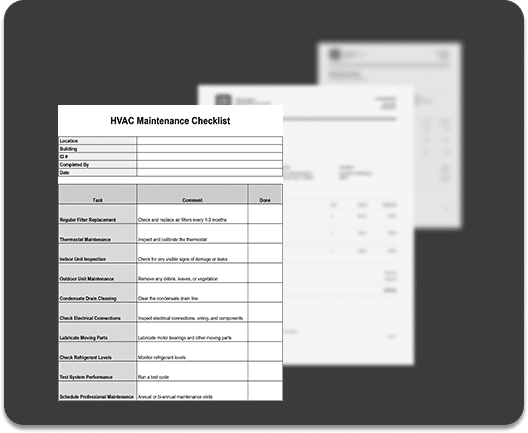A new report from the Florida Policy Institute (FPI) takes aim at the Florida Tax Credit Scholarship. The report, “Silent Spending, Florida’s Shadow Budget Needs Greater Scrutiny,” wants to improve tax equity and increase government revenue by eliminating up to $23 billion in tax credits, deductions and exemptions.
Tax credits targeted by the FPI include the Florida Tax Credit (FTC), which last year provided scholarships to 86,726 low- and middle-income students, 73 percent of whom are non-white.
“The question remains as to whether revenue that would otherwise be used for general public purposes ought to finance private school education,” the report’s author writes.
Set aside the fact that the question is largely settled: Scholarship opponents have been defeated in court three times in the last decade, the scholarship has been in law for 21 years and has provided more than 1 million scholarships to low- and middle-income students, most of whom are children of color.

Contrary to FPI’s assertion, the FTC does provide “a general public purpose,” that being the education of students. Whether that education occurs in a private school or a public one, the benefit to the general public (an educated populace) remains the same.
Furthermore, while the elimination of the FTC would increase government revenues, it would also cost the state double what it gained. This year, scholarships average about $7,700, while Florida’s school districts spend more than double that per pupil from all revenue sources.
FPI makes the case that eliminating these tax expenditures would increase government revenue and allow government to spend the additional revenue improving the public good.
“It is uncertain if sacrificing $23.6 billion leads to more socially desirable outcomes than simply collecting the forgone amount and financing better-quality public schools, safe and affordable housing, reliable transportation infrastructure, clean water and energy and robust safety,” the report states.
However, it is equally uncertain that eliminating these “tax expenditures” would improve anything.
High tax equity appears to have no relation to educational outcomes as measured by the National Assessment of Education progress. Using the Urban Institute’s educational rankings, which adjust for race and income to provide an apples-to-apples comparison across states, we see that high equity states have unexceptional educational outcomes on average.
California, with the No. 1 tax equity ranking, placed 28th in fourth-grade math and 33rd in eighth-grade math. Vermont, with the No. 2 tax equity ranking, placed 46th and 30th, respectively.
Tax equity may lead to lower-income taxpayers paying less as a percentage of their total income relative to higher earners, but it doesn’t mean their total tax burden is less. In fact, it may be higher. Worse still, you may end up paying higher taxes for lower-quality services. In fact, the top 10 states for tax equity averaged 27th place in math, while residents paid very high taxes, averaging a 40th ranking as measured by the Tax Foundation.
Florida, by contrast, ranks 48th in tax equity but has a relatively low overall tax burden for taxpayers, ranking 11th lowest nationwide. Florida ranks 1st in fourth-grade math and 7th in eighth-grade math on the National Assessment of Educational Progress. Texas, too, scores poorly on tax equity, but places 6th for lowest tax burden, and 2nd in fourth-grade math and 4th in eighth-grade math.
If you were a low-income parent of color, would you rather live in Florida, with lower tax equity but higher educational outcomes for your child? Or California, with higher tax equity but lower educational outcomes and a potentially higher tax burden?
The scholarship program has a 21-year history of educating the least-privileged and most-struggling students in the state. More than a decade’s worth of research has shown that scholarship students, despite their handicaps, keep pace with the educational attainment of all students nationwide. Additional research by the Urban Institute shows that scholarship students were up to 99 percent more likely to attend college and up to 45 percent more likely to earn a bachelor’s degree than their public school counterparts.
While there are tax credits, deductions and exemptions that should get additional scrutiny as to whether they are unfair or fail to provide public benefits, the tax credit scholarship isn’t one of them.
Patrick Gibbons is senior manager of Public Affairs at Step Up For Students, a nonprofit organization that administers Florida’s education choice scholarship programs.














